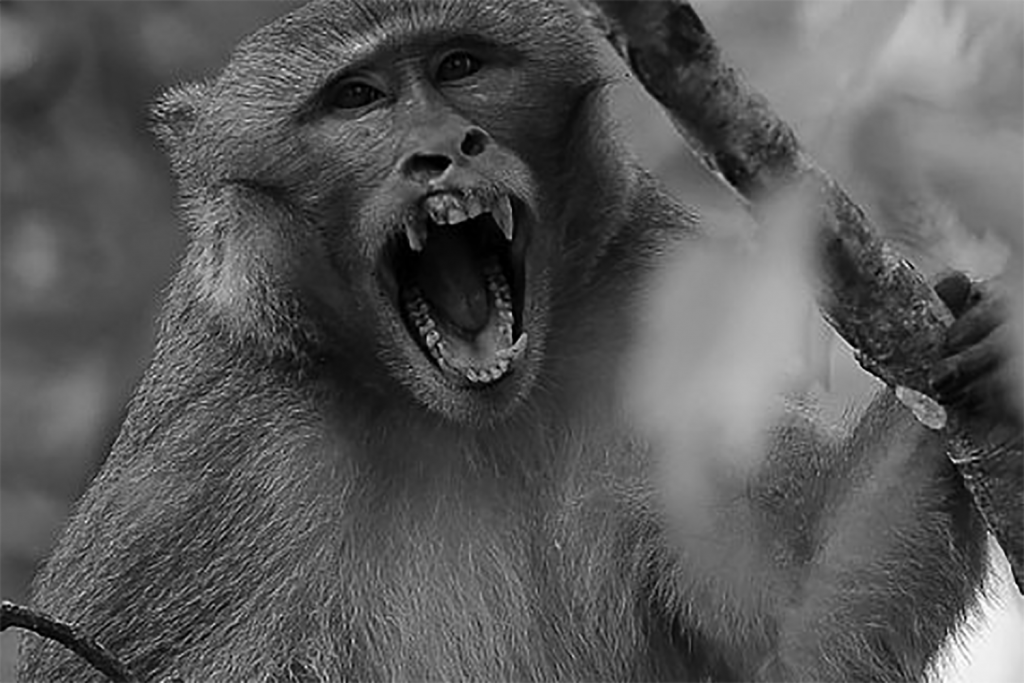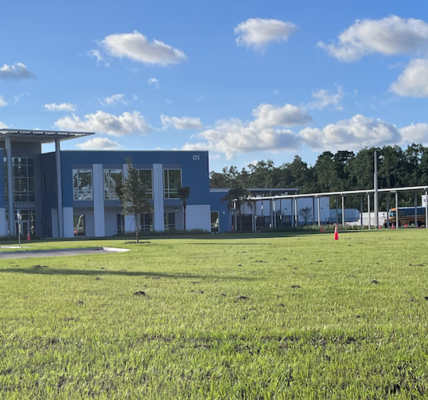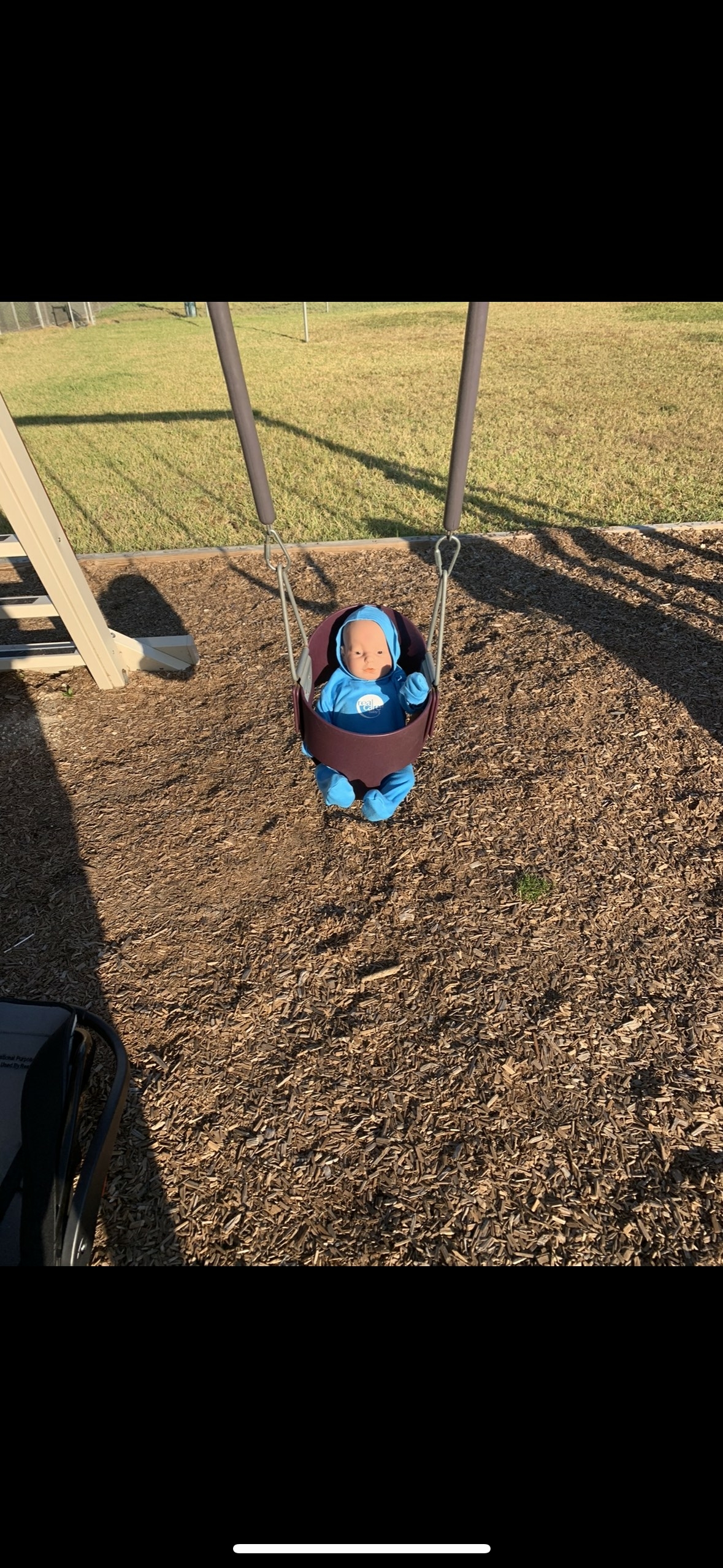By Jeremiah Pacheco
It’s not usual that you see monkeys in North Florida and potentially in your backyard. But recently Rhesus Macaque monkeys have been spotted roaming the counties of Duval, Putnam, Flagler, and St. Johns. While these monkeys can be fascinating, they can also contain a threat of disease, according to the Florida Wildlife Control. According to studies taken by the FWC, about 30 percent of these monkeys tested positive for Herpes B, which can potentially be deadly towards humans. The Florida Wildlife control urges residents to leave these monkeys alone if spotted and to not approach and feed them. Feeding them can result in a fine of $500 and potentially up to 60 days in jail. They are also urging residents who see these monkeys to call the exotic species hotline.

“30 percent of these monkeys tested positive for Herpes B, which can potentially be deadly towards humans.”
The origin of these monkeys dates back to the 1930’s and 40’s, when 12 monkeys were introduced in the Ocala National Forest area. By 1968, the Rhesus Macaques population had raised to about 68 and had a larger area of range in the Ocala and Silver Springs Park area. Today the population is expected to be between 550 and 600 monkeys. The reason the monkeys have been coming to the Jacksonville area is because they have increased their population significantly in recent years. It is believed that the monkeys took the path from the Silver and Ocklawaha River into the intersecting St. Johns River. The FWC expects the population to expand in the coming years, as it has since the 1960s.
i know im late but this is so iconic
You will want to email Jennifer Mitchell, the school’s registrar at jennifer.mitchell@stjohns.k12.fl.us
Hello, I need my Diploma. I graduated in 2014. Let me know what information is needed, thank you!
let’s go Amelia! what up Mr Johnson and new journalism class keep up the quality stories






Thanks for this great list and good luck to all the new college freshmen. I’m not sure if this excel/table…